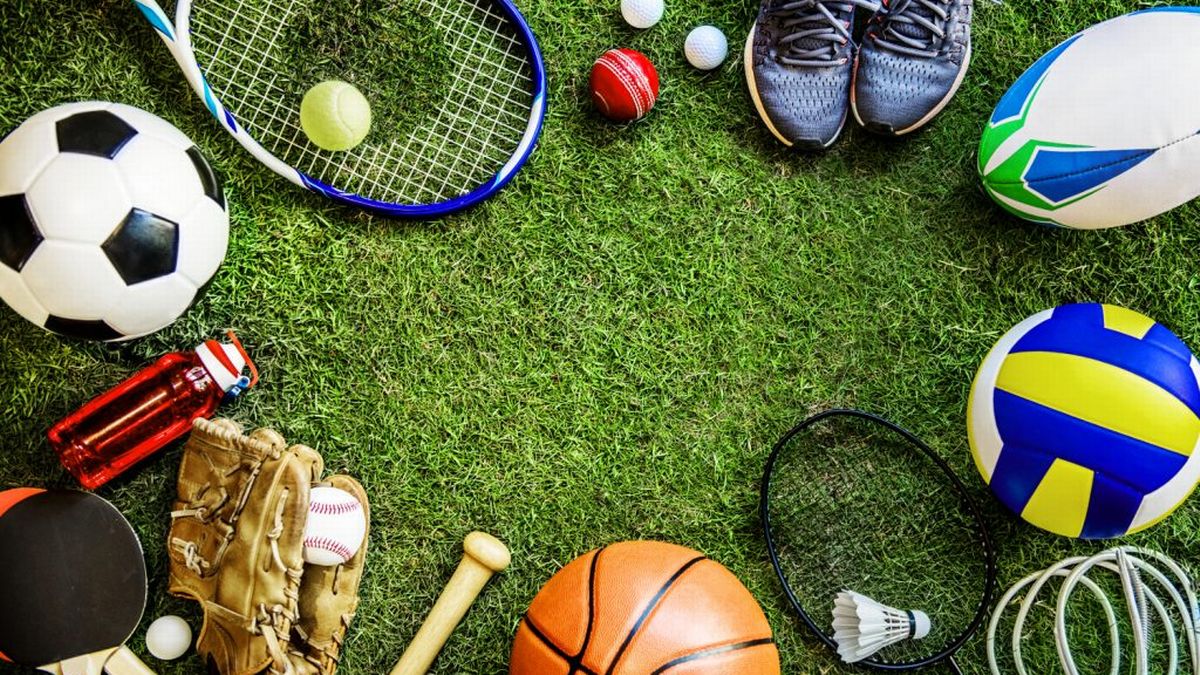Athletes need to be aware of sports nutrition, consisting of what kind of dietary supplements to take if they’re competitive and at a pinnacle in their recreation. They no longer need to recognize the specified ratios of organic nutrients consisting of proteins, carbohydrates, and fat and when to take them. This is specifically the actual extreme sports in which strength and persistence activities may also require above the common intake of nutrients.
Why Does Sports Nutrition Seem Subjective at Times?
It may also appear subjective once in a while. One purpose for this will be that athletes from extraordinary sports have exclusive metabolisms. An elite electricity athlete such as an Olympic weightlifter can also devour 3-four thousand calories an afternoon. An Olympic long-distance swimmer might also eat 10-12 thousand energy a day (that isn’t a misprint). Olympic divers, gymnasts, and excessive jumpers want to be mild, lean, and strong and consume less heavy ingredients. It relies upon what physical needs a sports place in your body. Macronutrients gotten from Wholesome meals are what you want. You cannot go wrong with protein from red meat, chicken, and fish, whole grain carbohydrates and lots of colorful vegetables, and a smidgeon of culmination.
What’s the Next Big Thing in Sports Nutrition Supplements?
Decades in the past, for example, powdered egg whites had been the protein supplement to take before whey protein powder became famous and turned into mass-produced. In the overdue Nineties, creatine monohydrate has become quite popular in the Olympics. In the past decade or so, we’ve visible branch chain amino acids (BCAAs) in powdered shape that are imagined to assist the frame in better synthesizing the proteins in meals. There are energy gels that endurance athletes shoot down their throats all through long runs and bicycle rides. Energy gels are typically made of simple carbohydrates like sports activities beverages without the liquid component. Nutrient timing has been bandied around a chunk for a while.
Beware of sports activities research finished underneath the name of technology. This is the exercise of loading up on carbohydrates and protein before athletic activities or exercises, after which loading up once more afterward with (in particular) carbohydrates to update glycogen stores inside the muscle tissues. The P.H.D. concerns are frequently paid through complement businesses to make trials appear subjective. Instead, they skew the information to excite sales. Good wholesome (natural, unprocessed, whole) meals are a high-quality issue for you most of the time.

What is a Good Sports Nutrition Pill to Take if I Want to Lose Fat and Gain Muscle?
There is not any magic pill. It’s more about the commonplace sense that you devour appropriate, wholesome food and train difficult. If you are a gymnast, your energy stages and the inches around your waist will signal to you what to do. If you aren’t consuming sufficiently, you will sense tired. You need to consume less if you aren’t worn out and set on weight (fat). Some coaches or non-public running shoes will inform you it’s impossible to benefit the muscle and lose fat simultaneously. You either bulk up or cut down. Be conscious that while you lose fats/weight, you lose some energy at the side of treasured muscle tissues.
Which is the Best IN ONE Sports Supplement during Weight Training?
Probably whey protein that still contains creatine monohydrate in its miles, your satisfactory bet. This will put your blood chemistry into effective nitrogen stability and an appropriate environment to gather and maintain lean frame weight. Another ought to have for sports vitamins might be some omega-3 supplementation. Omega-3 fatty acids have been validated to lower irritation and increase insulin sensitivity.
As far as Sports Nutrition Goes, What Amounts of Carbs and Protein are considered “High”?
There aren’t any difficult and fast regulations. Some say less than 100 grams of protein and 150-2 hundred grams of carbohydrates are enough. That would be good enough for a workplace worker who walks a pair of miles daily on their lunch damage. Again, it depends on the needs you’re set to your frame. Strength athletes have been recognized to devour up to three hundred grams of protein a day to hold and build up lean frame weight. Over two hundred grams of carbohydrates are probably needed for weight training and weight benefit.
What Kind of Career Options Will I Have with a Degree in Sports Nutrition?
You could have many possibilities to paint as a sports nutritionist in regions wherein highly aggressive humans retain dynamic and strong lifestyles or are attempting to build up to more healthful and lively degrees. This may additionally encompass operating for agency health packages, gyms, and college or seasoned groups. You might, in essence, feature as a sports dietician. Reaching a private instructor certification along the way may also be beneficial. Try to live in the form once you get that degree in sports activities nutrients. Nothing is sadder than a center for elderly from m man or women with a few health or fitness degrees.
This is a complex difficulty. Low carbohydrate diets in excessive overall performance athletics are nonetheless pretty new. Your body needs some power source which may be handiest for either carbohydrates (grown to become sugar and then saved to your muscle mass and liver as glycogen) or (top) fats. A low-carb eating regimen may go inpatient sports activities so long as you have extra fats and much less protein (in preference to high fats and high protein), masses of vegetables, and coffee servings of fruit. It would be tough to locate an athlete who does not eat carbohydrates in energy sports activities, but explosiveness and sprinting are needed. More studies are wanted right here. Sadly, many investigations regarding sports activities and vitamins are paid for via supplement organizations.




